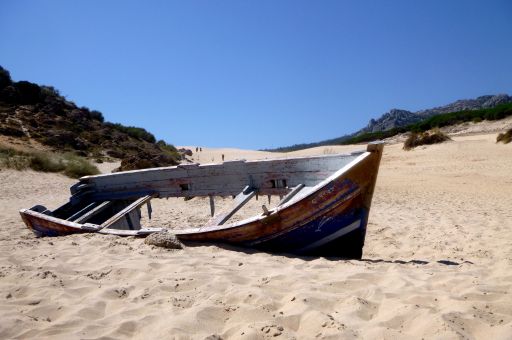The president of the island’s institution, Llorenç Galmés, has sent a letter to the Minister of Foreign Affairs in which he states that the arrival of unaccompanied migrant minors to Mallorca has shot up by 625% compared to 2020.
The President of the Consell de Mallorca, Llorenç Galmés, has sent a letter to the Minister of Foreign Affairs, European Union and Cooperation, José Manuel Albares, to officially request the Government of Spain to urgently request the help of the European Border and Coast Guard Agency (Frontex) to strengthen border control in the Mediterranean and prevent the arrival of small boats in Mallorca, in compliance with the agreement approved by the plenary session of the island’s institution on 13 February.
TDB keeps you informed. Follow us on: Facebook, Twitter and Instagram
The Consell de Mallorca officially asks the Spanish government to request Frontex’s help to stop the arrival of small boats on the island
In the letter, President Galmés states that the Algerian route to the Balearic Islands has been consolidated due to the breakdown of diplomatic relations between Spain and Algeria, the central government’s turnaround on the Sahara and the archipelago’s proximity to the Algerian coast. Llorenç Galmés points out that in 2024 the record number of migrants arriving in the Balearic Islands was broken. He points out that the arrival of unaccompanied migrant minors in Mallorca has shot up by 625% compared to 2020, with 368 children and adolescents. In this regard, Galmés recalls that the Consell de Mallorca is the competent institution for the reception of these minors and that ‘three out of every four who are in the protection system are migrant minors who have arrived alone’.
He also points out that the Spanish government has not yet requested the intervention of Frontex to reinforce the country’s border control, as the executive director of Frontex, Hans Leijtens, assured the European Parliament on 4 September 2024.
In the letter, the president of the Consell de Mallorca calls for the involvement of the central government in the face of what he describes as a ‘humanitarian crisis’, given that ‘the Algerian route is the second deadliest in the last five years’. For this reason, he calls for a national migration policy plan that recognises the Balearic route, greater funding for the island institution, the restoration of relations with Algeria and, above all, a change of strategy to reinforce border surveillance to prevent the arrival of more boats ‘with people who put their lives at risk at sea’.
